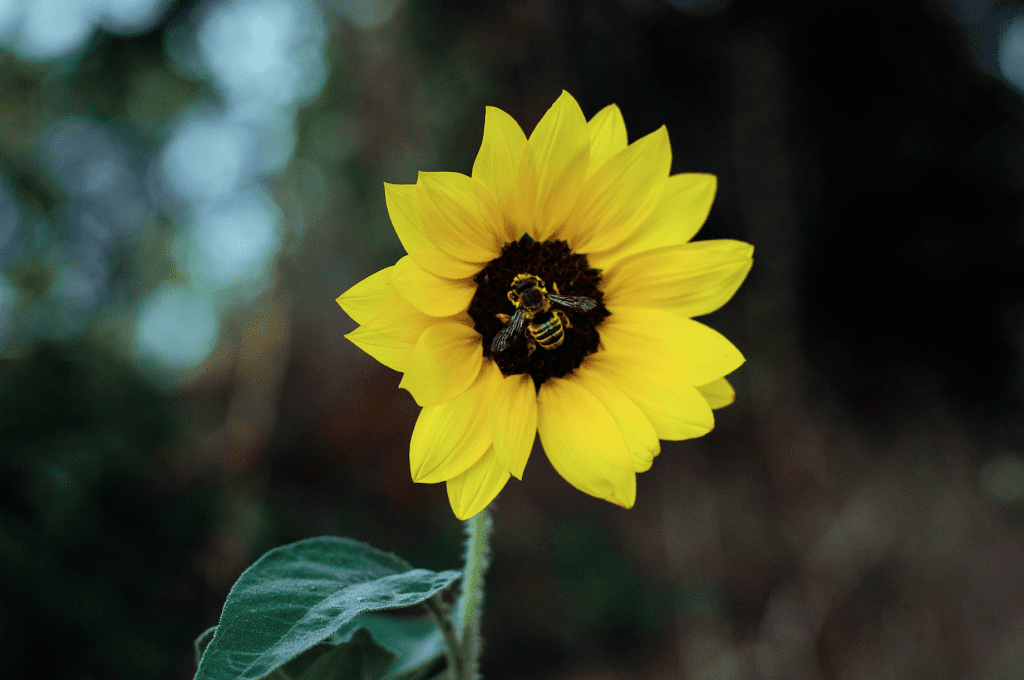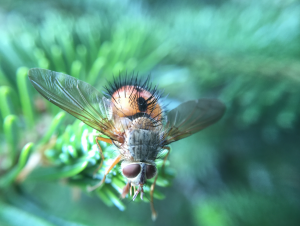Did you know that as of March 21st, the humble Bumble Bee has been listed as an endangered species? This means that a busy bug many of us may have considered a pest before is now a federally protected creature in the United States. The real question is, do you know why?
For a long time, many homeowners may not have realized that performing their own pest control on bumblebees was actually doing damage to miles of land around them. Personal land made completely bee-free by its owners is a large part of the lost bumblebee habitat that is now hurting farmland.
While many people fear bees as bothersome sting machines, they are actually the biggest pollinator of our plants, and therefore as important as sunlight or water to most of our food crops. In fact, as many as two-thirds of the world’s crops are completely reliant on bee pollination!
Actually, “90% of the world’s nutrition is pollinated by bees,” says Greenpeace’s Save The Bees campaign.
The good news for the bee-averse is that bumblebees rarely sting. In fact, the only reason most bumblebees are ever provoked to attack is when their nest is disturbed. This means leaving a hive alone is now not only a federal regulation but also your best chance at living with your new fuzzy neighbors peacefully.
If there are bees busily bumbling around your yard, leaving them be is a great way to improve your environment with no extra effort. If your yard is bee-free, bringing the buzz back is easier than you might think! Simply tossing a few hardy wildflower seeds in a quiet part of your yard will bring pollinators to your area in a snap.
Many people will still find a bee population of any species on their property to be bothersome or even dangerous. Please remember those harming bumblebees is now a federal offense along with being damaging to the environment. The professionals at Clark Exterminating are experienced and happy to assist you in the safe relocation of unwanted bees. Please contact us for more information – we’ve got an answer for you!
Little Rock: 501-228-0322
North Little Rock: 501-758-0322
Conway: 501-329-0396
Benton: 501-776-1388
Bryant: 501-847-1388
Jacksonville/Cabot: 501-843-1322
Hot Springs: 501-623-2335




